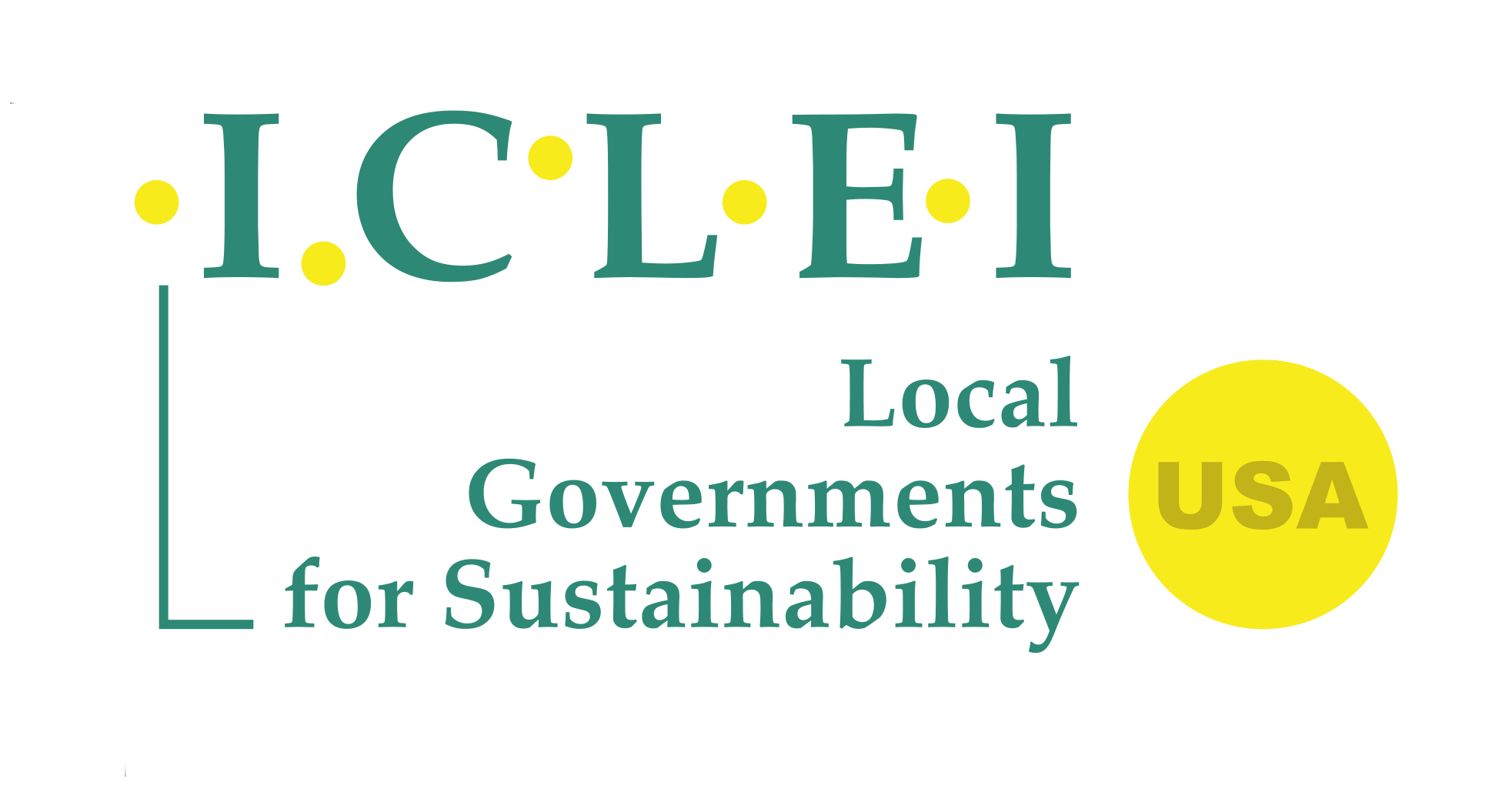High Tide in Dorchester
Monday: 4:30 PM
Followed by a panel discussion at 5:30 PM
Movie Screening: High Tide in Dorchester
The film, High Tide in Dorchester, aims to foster a conversation about climate change and related impacts of sea level rise and erosion, and leverage that conversation into action. The focus, Dorchester County, MD, is already experiencing the future that increasingly faces coastal areas worldwide. This low-lying county on the Eastern Shore of the Chesapeake Bay is the fourth largest of Maryland’s 23 counties by land area, but it is destined to drop to the 14th largest by 2100 — or sooner — as waters rise and erosion worsens. Dorchester is the coal miner’s canary; ground zero for the Chesapeake Region.
High Tide in Dorchester is a wake-up call: It’s time for a retreat from the shoreline, of which the Chesapeake estuary has some 11,000 miles. Historically, millions of people have sought to live as close to that shoreline as possible, but few communities are doing adequate planning to meet the imminent challenges of restraint, retreat and adaptation to living on the edges of a rising tide. A panel discussion will begin immediately after the end of the hour long film.
Moderator: Brian Ambrette, Director of Strategic Initiatives, Eastern Shore Land Conservancy;
Kate Charbonneau, Executive Director, Critical Area Commission for the Chesapeake and Atlantic Coastal Bays;
Julie LaBranche, Senior Planner, Rockingham Planning Commission, NH;
Brian Soper, Environmental Planner, Dorchester County, Maryland




Brian Ambrette joined the Eastern Shore Land Conservancy in 2014 to lead theCoastal Resilience Program. The program assists local governments in preparing for sea level rise, coastal hazards, and climate change impacts. Brian also provides leadership and logistical support to the Eastern Shore Climate Adaptation Partnership, a regional climate collaborative with members from eight local governments and more than a dozen state agencies, academic institutions, and nonprofit organizations.
Brian previously worked with The Nature Conservancy developing conservation and planning tools for coastal resilience in Connecticut and with the Environmental Defense Fund in fundraising and donor engagement. He has also worked on traditional sailing schooners and as a coach and director at a community rowing club. He has a master’s degree from Yale University’s School of Forestry & Environmental Studies, with a focus on marine and coastal resource management and stakeholder engagement. His undergraduate degree is in physics and geology from Middlebury College in Vermont.
Kate Charbonneau is Executive Director of the Critical Area Commission for the Chesapeake and Atlantic Coastal Bays. She has worked in federal, state, and local government settings implementing environmental policies. In her work at the Critical Area Commission, Ms. Charbonneau has led efforts to incorporate consideration for sea level rise and coastal resiliency into development projects pursued by the State of Maryland, as well as exploring means to assist local governments and citizens in preparing for the future. Ms. Charbonneau is a certified planner with the American Institute of Certified Planners and a Senior Fellow with the Environmental Leadership Program. She holds a Masters in Forest Resources from the Pennsylvania State University and a Bachelor’s Degree in Biology from St. Mary’s College of Maryland.
Julie LaBranche is a Senior Planner with the Rockingham Planning Commission in Seacoast New Hampshire. She has extensive experience in climate change and adaptation planning including her previous employment with the State of Maryland and participation in the Chesapeake Bay Program. Her work in New Hampshire includes assisting communities with: preparation of Master Plans and municipal policies; preparation of zoning ordinances and regulations relating to land use, natural resource protection, climate change, energy, and stormwater management; and integration of land use and transportation planning concepts. Julie participates as a member of the NH Sea Grant Policy Advisory Committee, the NH Coastal Adaptation Workgroup, and Vice President of Northern New England Chapter of the American Planning Association (2009-2015). She holds a BS in Geological Sciences from Salem State College, MA and a MS in Earth Sciences-Geology from Montana State University, Bozeman.
Brian Soper is the Environmental Planner for Dorchester County, Maryland with a focus on Floodplain, Critical Area, and Coastal Resiliency Planning. Brian obtained a Bachelor of Arts in History and Bachelor of Science in Natural Resource Management from the University of Maryland at College Park. He previously worked for the Maryland Department of the Environment performing technical review for the TMDL Program and for Queen Anne’s County, Maryland as a Soil Conservation Planner.

























